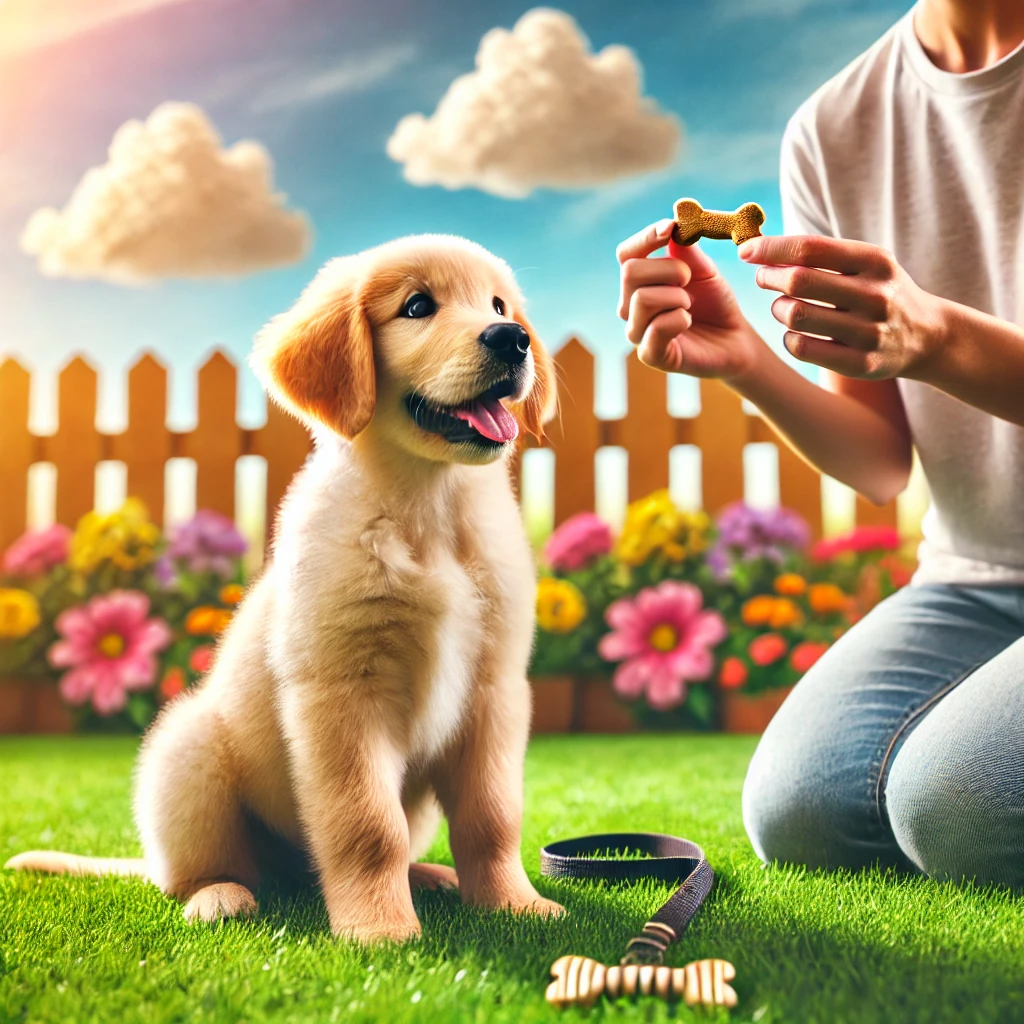
Top Puppy Training Tips for Success
Bringing a new puppy home is an exciting journey filled with adorable moments and wagging tails. But let’s face it, training your pup can sometimes feel overwhelming. With the right strategies, patience, and consistency, your furry friend can grow into a well-behaved and happy companion. Here are our top puppy training tips to help you set the stage for success.
1. Start Early, But Be Gentle
Puppies are like sponges, soaking up information from the moment they enter your home. Begin training as soon as possible, but keep it age-appropriate. Short sessions that focus on basic commands like “sit” and “stay” are ideal for young pups.
Pro Tip: Use positive reinforcement such as treats, praise, or play to encourage desired behaviors. Puppies respond best to rewards, not punishment.
2. Create a Consistent Routine
Dogs thrive on routine, and puppies are no exception. Establish a daily schedule for feeding, bathroom breaks, playtime, and training sessions. Consistency helps your puppy understand what’s expected and reduces the likelihood of accidents or unwanted behaviors.
3. Socialize Early and Often
Socialization is a critical part of training. Introduce your puppy to different environments, people, and other animals in a safe and controlled manner. Early socialization helps prevent fear and aggression as your puppy matures.
Pro Tip: Enroll your puppy in a supervised training or socialization class to expose them to structured interactions.
4. Focus on Crate Training
Crate training provides your puppy with a safe and cozy space to call their own. It’s also an invaluable tool for housebreaking. Ensure the crate is comfortable and never use it as a form of punishment.
Steps to Success:
- Introduce the crate gradually.
- Use treats or toys to make it inviting.
- Keep crate time positive and rewarding.
5. Master Potty Training
Accidents are part of the process, but consistency is key. Take your puppy out frequently, especially after meals, naps, and play sessions. Use a designated potty spot and reward them immediately after they go.
Pro Tip: Avoid scolding your puppy for accidents. Instead, redirect them to the correct behavior and reward their successes.
6. Teach Basic Commands
Foundational commands like “sit,” “stay,” “lie down,” and “come” are essential for good behavior. Use a clear and calm tone when giving commands, and always follow up with positive reinforcement.
Pro Tip: Keep training sessions short (5-10 minutes) to maintain your puppy’s attention and prevent boredom.
7. Address Biting and Chewing
Puppies explore the world with their mouths, which often leads to nipping and chewing. Provide appropriate chew toys and redirect their focus if they start biting hands or furniture.
Pro Tip: Use commands like “leave it” or “off” to curb undesirable behaviors.
8. Be Patient and Stay Positive
Training a puppy requires time and patience. Celebrate small victories and remember that setbacks are part of the process. Your puppy isn’t being stubborn—they’re learning!
9. Seek Professional Guidance if Needed
If you’re struggling with certain behaviors or want additional support, don’t hesitate to consult a professional trainer. Expert advice can make all the difference in your puppy’s training journey.
10. Make Training Fun
Puppy training doesn’t have to be all work and no play. Incorporate games and activities into training sessions to keep your pup engaged and excited to learn.
Final Thoughts
Raising a well-trained puppy takes effort, but the rewards are worth it. By following these puppy training tips, you’ll build a strong bond with your furry friend and set them up for a lifetime of good behavior. Remember, the journey is as important as the destination—so enjoy every step along the way.
For more tips on pet care, training, and products, visit Pet Pulse Daily.
